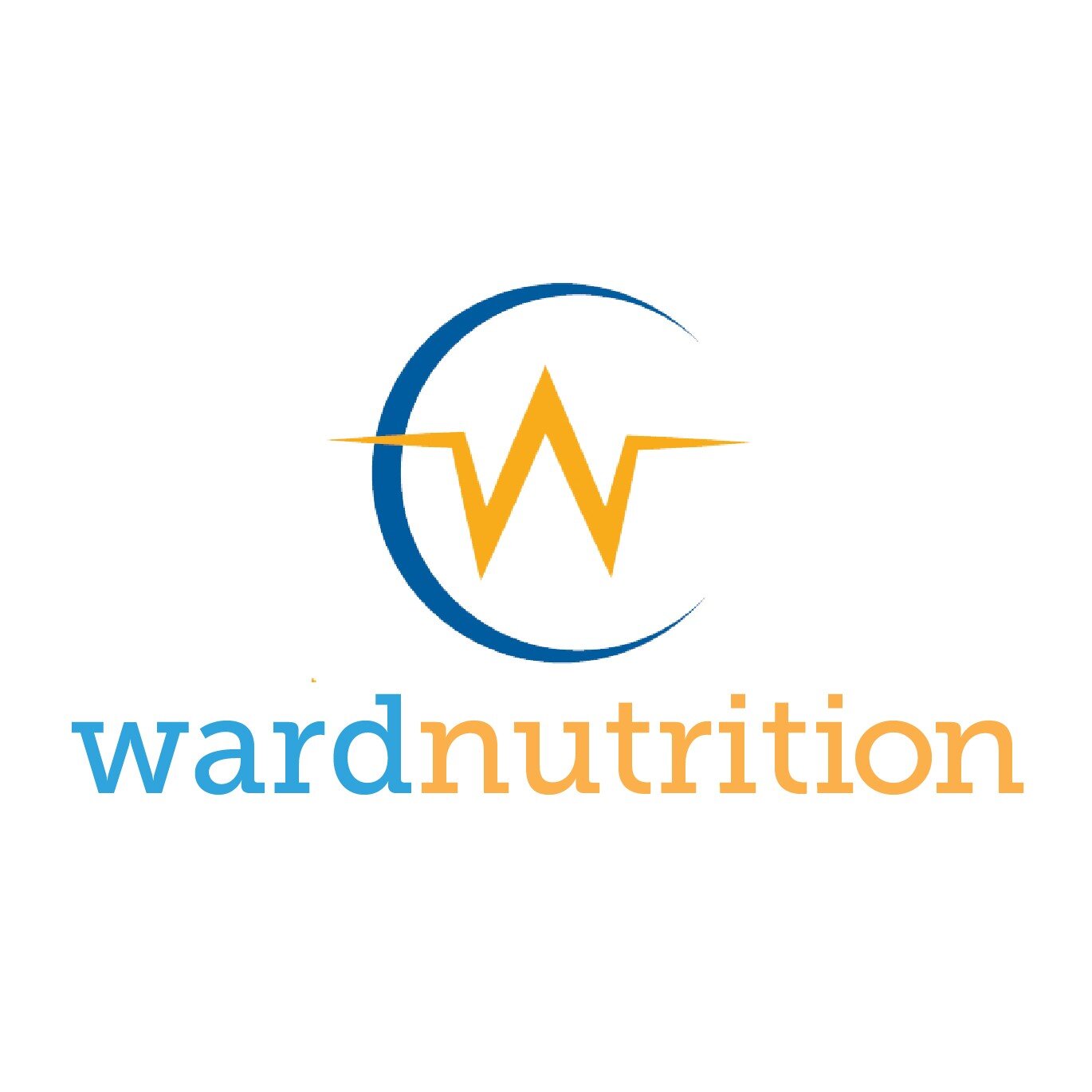Food Allergies & Food Intolerances
Claire Ward continues to work closely with the Royal Prince Alfred Allergy unit as a preferred referral partner. Claire has many years experience working with children and adults with food allergies and food intolerances. As an Orange dietitian, Claire helps bridge the gap between services provided in metro and regional areas.
What is a food allergy?
A food allergy is very different from a food intolerances. Food allergies are immune reactions to food proteins, whereas food intolerances don’t involve the immune system at all. They are triggered by food chemicals which cause reactions by irritating nerve endings in different parts of the body.
The chemicals involved in food intolerances are found in many different foods, so the approach involves identifying them and reducing your intake of groups of foods, all of which contain the same offending substances. By contrast, protein allergens are unique to each food (for example, egg, milk and peanut), and dealing with a food allergy involves identifying and avoiding all traces of that particular food. Similarly, gluten, the protein involved in coeliac disease, is only found in certain grains (wheat, barley, rye) and their elimination is the basis of a gluten-free diet (RPA Allergy Unit).
How do you know if you have a food intolerance?
Symptoms triggered by food chemical intolerances vary from person to person. Some people present with all or only some symptoms and also at different intensities. Some examples of common symptoms include;
Headaches and migraines
Eczema and skin irritations, itchy skin
Sinus trouble
Mouth ulcers
Nausea
Stomach pains and bowel irritation
Fatigue or get unusually tired, run-down or moody, often for no apparent reason
Children can become irritable and restless, and behavioural problems can be aggravated in those with nervous system disorders such as ADHD (attention deficit hyperactivity disorder).
Breast-fed babies can have food intolerance reactions due to chemicals from the mother’s diet getting into the breast milk, causing colicky irritable behaviour, loose stools, eczema and nappy (diaper) rashes.
If you’re having trouble working out which foods are upsetting you, professional help may be needed to investigate the problem more systematically.

